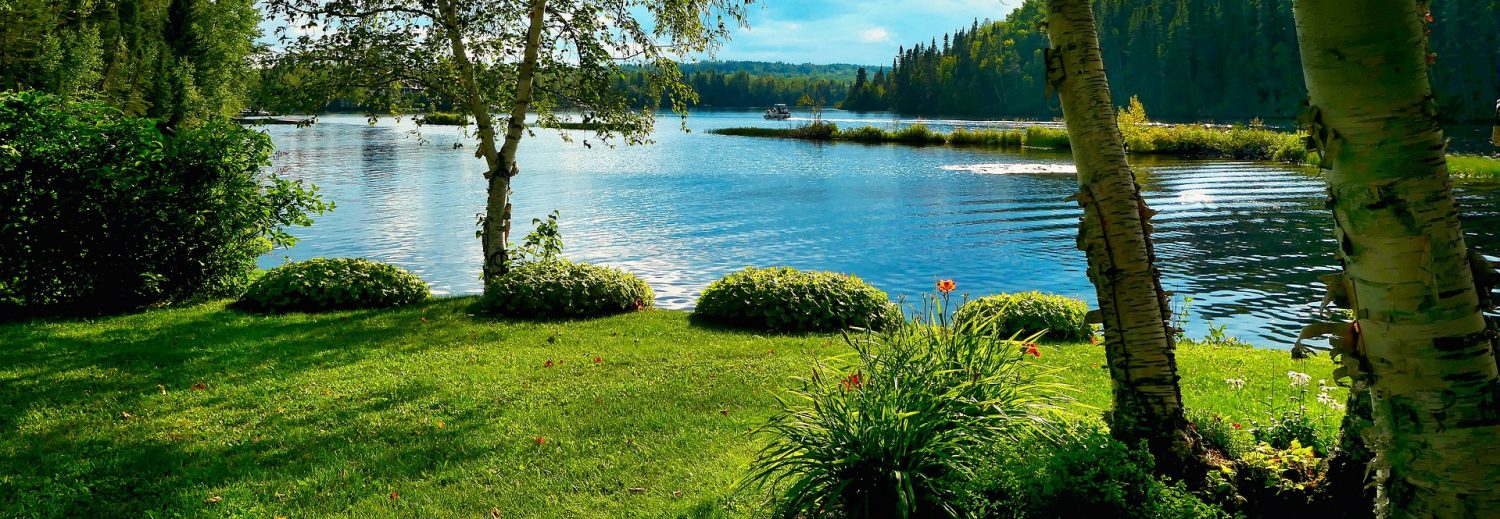This column by Simon Gear first appeared on the Don’t Be a Passenger blog (www.dontbeapassenger.com) in December of 2010
Is there any man alive more simultaneously loved and reviled than Julian Assange? I know of no one without a strong opinion on the Wikileaks founder. To many of us, he is the hero who has given us a vicarious peak behind the façade of international diplomacy. To much of the US, he’s the devil incarnate, putting more strain on international relationships since… well, since George W Bush.
But his actions remind us of how little our governments think of us. I can understand the need for a little less than total honesty in social situations like ambassadorial dinners and wedding anniversaries. In fact, the most titillating of the Wikileaks – the trenchant observations on the character of various world figures – are the parts that I would say that governments could justify keeping quiet. While it is kind of fun to learn that our Minister for International Relations thinks that Mugabe is a crazy old man, it doesn’t really change much on the ground, and may land up doing more harm than good, as crazy old men tend to get otherwise when their old craziness is pointed out to them. That sort of thing is fun to read but is unimportant in the greater scheme of things.
Where Wikileaks is incredibly valuable is in its penchant for making government reports public. Here is where I feel both insulted and threatened. I would never ever condone paying for a report or a study if I did not also have access to the findings, and yet governments (especially ours) habitually sit on the results of investigations for fear of the public reaction. If I am old enough and wise enough to be paying taxes, surely I am also mature enough to be told what my money is being spent on? Apparently not.
A disturbing amount of this secrecy is aimed at hiding the destruction of our environment. The Department of Mineral Resources is hysterically paranoid in its unwillingness to share even basic information with citizens regarding many of its decisions. That means that many of the new mining applications undertaken in South Africa happen away from the public eye. On top of this, we have the ironically named Protection of Information Bill.
There is little doubt that this is a thinly veiled plan to protect cronies from corruption investigations, but the biggest long-term impact won’t be the making of a few more arms deal millionaires (they seem to have all gotten away with it without help from the Bill so far). Rather, it is the further entrenching of the attitude that environmental information is a pesky inconvenience rather than a very real warning sign of future disaster. Our leaders’ paranoia is not a threat to the journalists and cartoonists who we trust to keep an eye on things. It is a very real threat to our water, our soil and the plants and animals of our beautiful country. And if the current madness continues, it won’t only be the Scorpions that go extinct.
